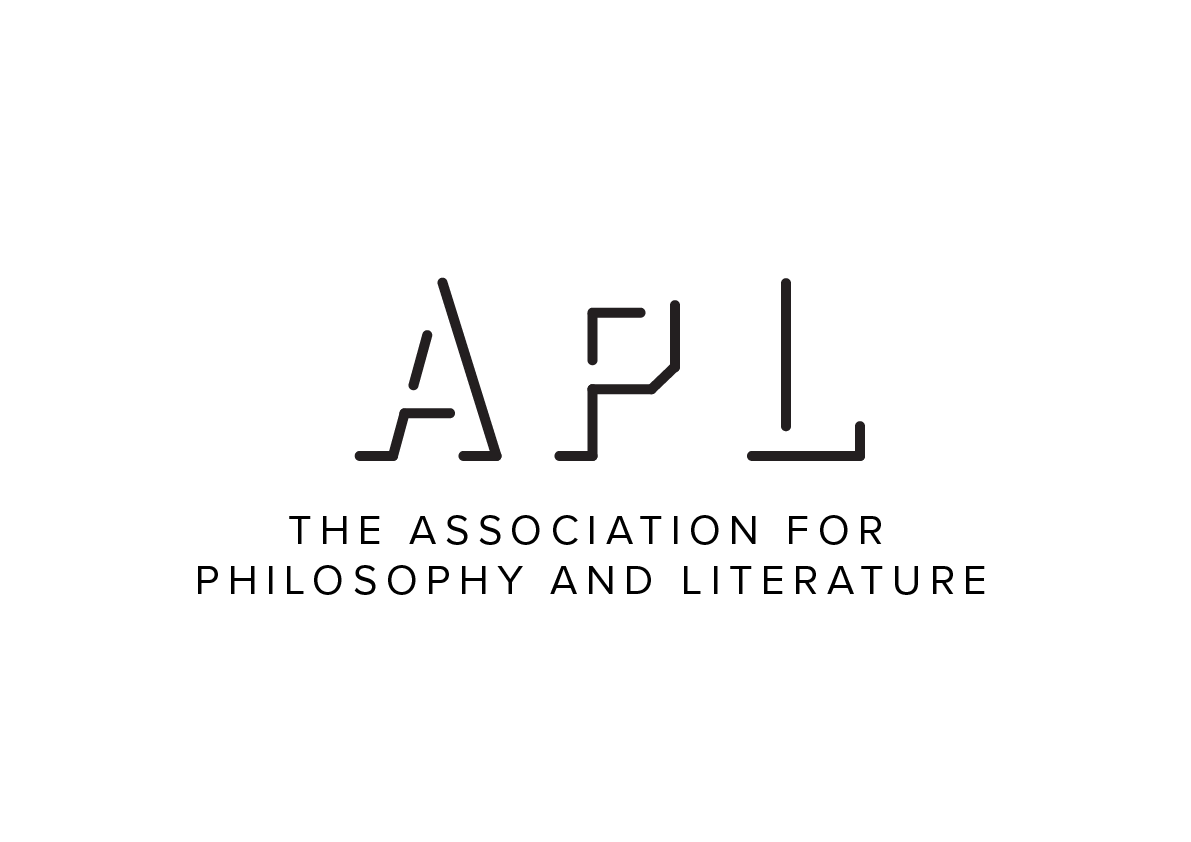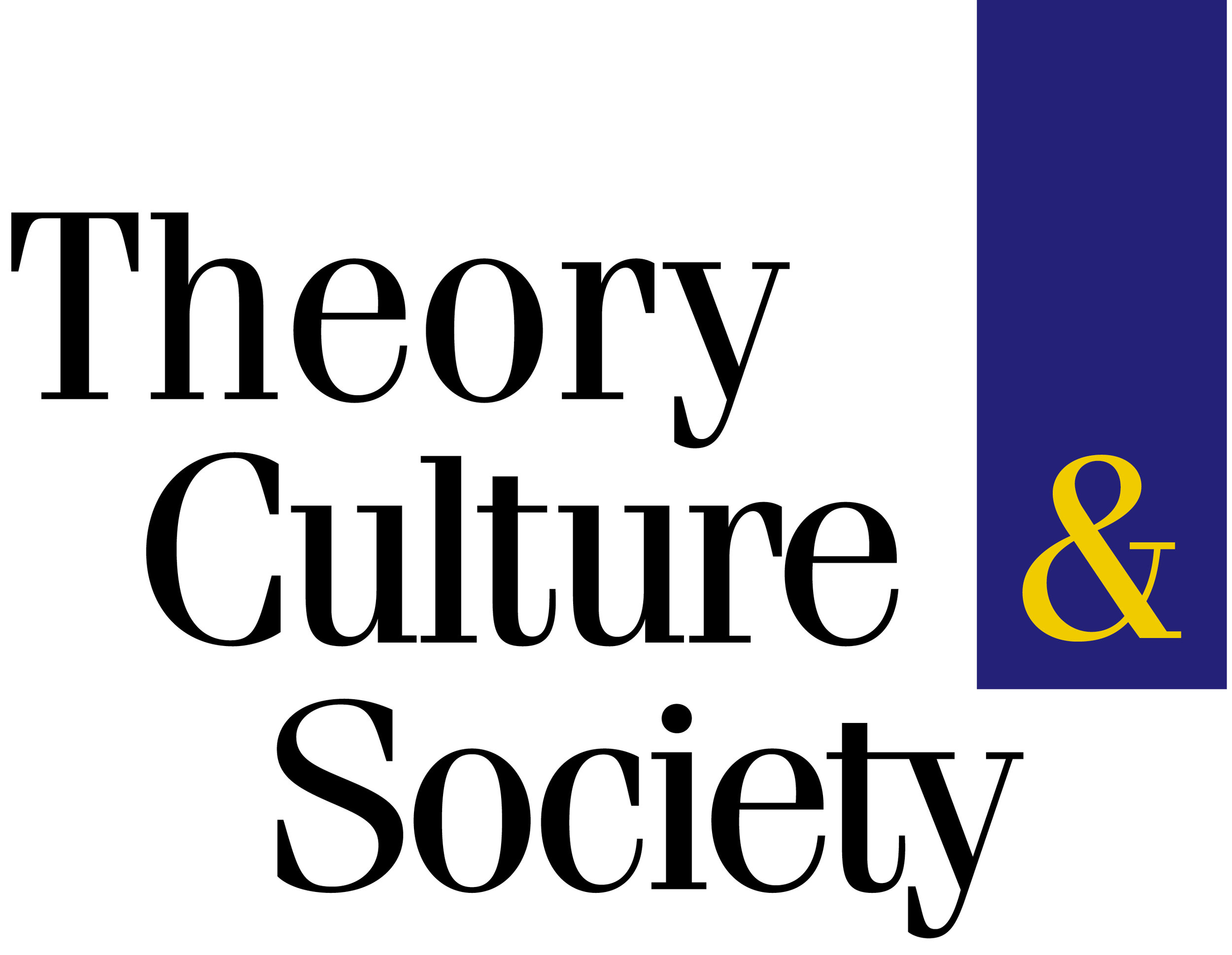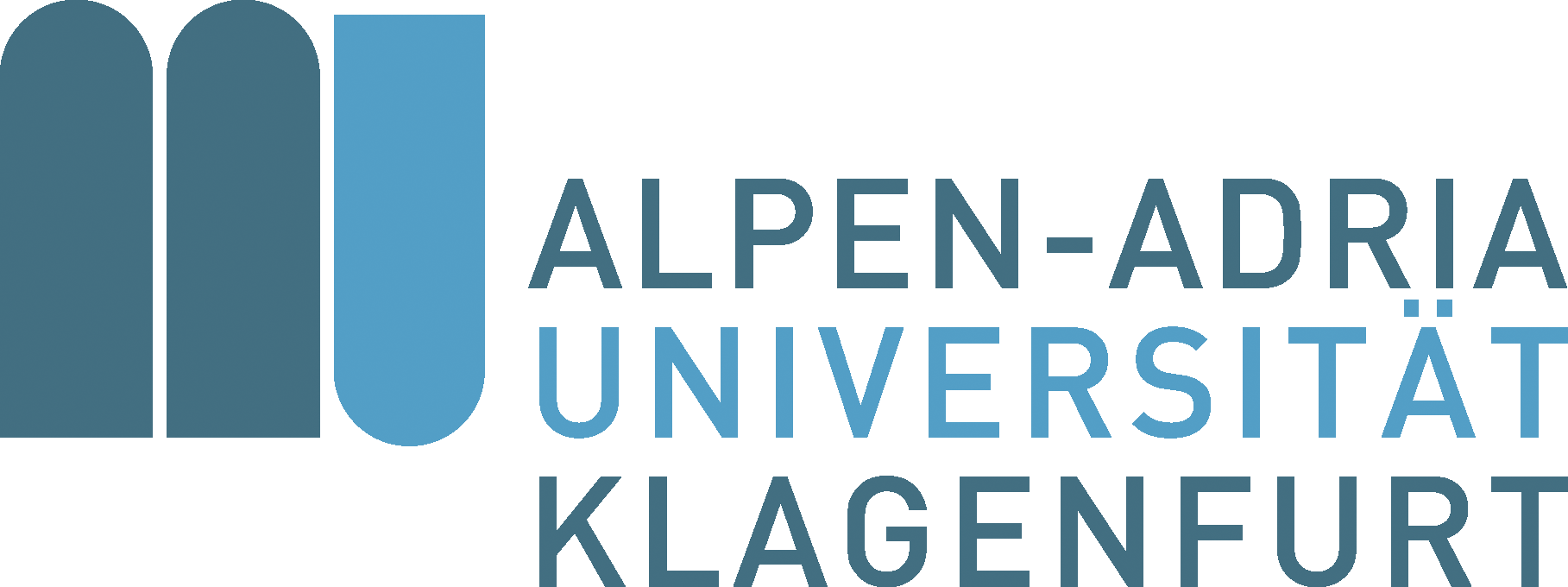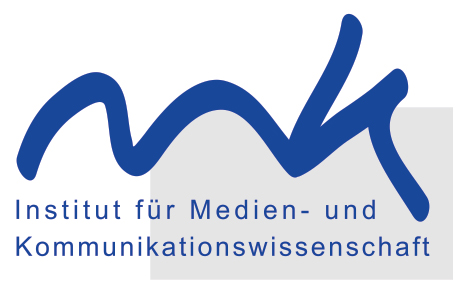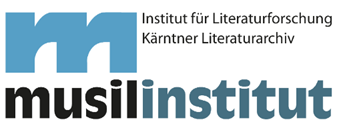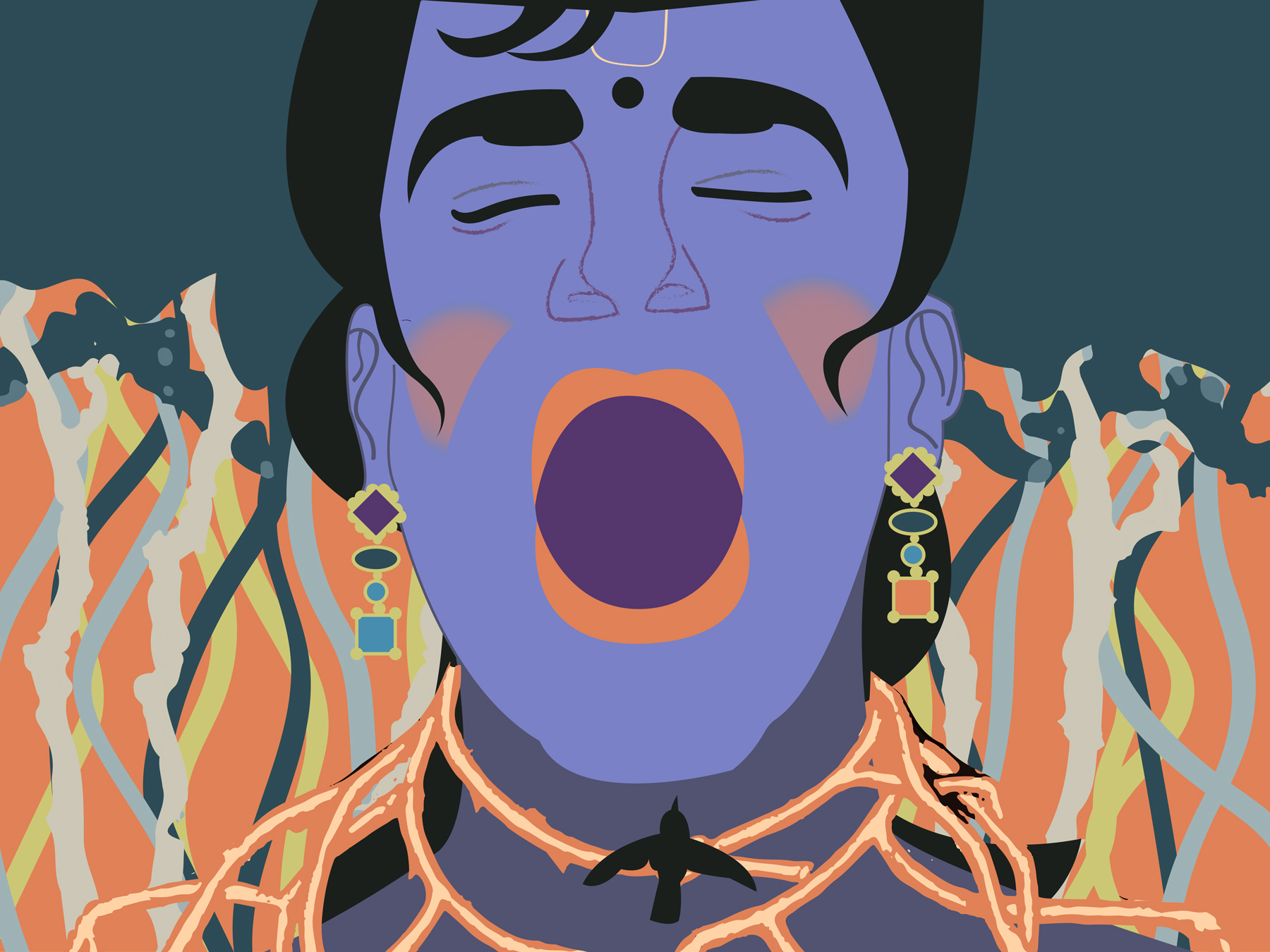
2019 Call for Papers
“Thought is creation, not will to truth”
- Deleuze and Guattari
“Truths are illusions which we have forgotten are illusions”
- Nietzsche
Can anything further be said about truth? While contemporary worries about a post-truth world reinforce both ordinary and traditional senses of the word, a philosophical tradition that for centuries has not failed to put truth into question or critique finds itself in a situation echoing that faced by the Greeks at the dawn of philosophy.
Few would have dreamt, only a few years ago, that we would once again have such a compelling concern with the facts, with truth. But today’s authoritarian populism has returned us to questions of the fragility of truth. These questions have cast deep divisions in contemporary life. Tensions between truth and falsity, between the fictional and the fictitious, and between reality and illusion haunt contemporary experience. Social and cultural thought have for a long period questioned assumptions of ‘objective’ experience, but such assumptions continue to predominate in the homo economicus of today’s neoclassicism and neoliberalism. As prevalent is the fragmentation into worlds, subjective worlds, national worlds, the worlds of human and nonhuman beings. Such worlds are at the same time territories, digital platforms, communities, indeed in some cases commons. To what extent are such worlds themselves constituted through truths or fictions, through narratives? To what extent does this mean a break with representation altogether, whether in art, in literature, in politics? Or to what extent does it entail a radical rethinking of what representation is?
Tracing a line of thought from Nietzsche to Deleuze and beyond, one discovers in the objection to a pervasive “will to truth” the demand that thought be regarded instead as a form of creation. The oppositions through which truth has traditionally been understood (true and false, truth and error) do not apply, for instance, when one considers the literary text, where the question of whether there exists a natural or necessary correspondence with the world event remains a matter of conjecture.
We invite proposals for papers and for panels addressing some aspect of the conference theme, “Truth Fiction Illusion: Worlds and Experience.” Proposals may address any one of the given terms or explore those terms in their possible interrelatedness – with respect to philosophy, literature, theory, music, media, geography, film, culture, art, architecture, etc.
Topics
Topics in a list form
Truth regimes
Relativism, perspectivism, standpoint theory
Truth as illusion
Truth, non-truth, and fake news
Truth in times of the spectacle
Truth after the deconstruction of truth
Time and the question of the truth of being
Logic, grammar and rhetoric (the trivium)
Relativism, perspectivism, standpoint theory
Correspondence
Black reason
Analogy
The truth of fiction, the fiction of truth
“How the true world became a fable”
Film, regimes of art and truth events
Autofiction and biographical truth
Historical fiction and historical truth
Narrative and visual fictions
Narrative and time
Art as creation of illusions
Image beyond representation?
Ethics and aesthetics of algorithm
Bios
Scholarly apparatus
Geosocial formations and Anthropocene
The imagination
Mythos and logos
Infrastructure
Platform capitalism
Acceleration and speed
Waste
Affordances
Sovereignty
The religious
Economy and the political
Relational space
Pharmacopornography
Territory
(Beyond) ontology
Immunity
The Ecological impulse
The gift, the Hau, excess
Plenary
Speakers
Stuart Elden
Stuart Elden on "Foucault, Shakespeare & the Oath" "Truth, Fiction, Illusion: Worlds & Experience" Conference (29 May - 2 June 2019 in Klagenfurt, Austria) Organised by the Association for Philosophy and Literature (APL), with Theory, Culture & Society (TCS) and Alpen-Adria-Universität Klagenfurt (AAU)
Jeff Malpas
Maria Margaroni
Achille Mbembe
In Conversation
Bernard Stiegler


